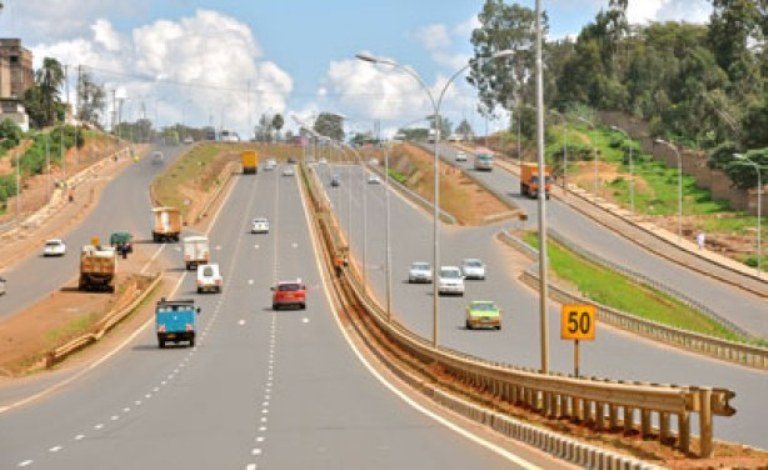There is need for an alternative approach to the development of Africa’s infrastructure project so as to help address the wide infrastructure gap on the continent.
This is according to Mr. Sujoy Bose, a director at International Finance Corporation (IFC) infrastructure and natural resources global when he addressed delegates at the africainvestor (Ai) CEO Infrastructure Project Developers’ Summit, in Johannesburg.
He said prevailing approaches to the development of infrastructure project within developing economies were not producing the desired results and were failing to meet the rising demand for improved infrastructural services.
Bose said that investment was no longer the problem for infrastructure development. He added that currently there is more private investment in Africa far beyond what the industry can absorb.
He said that project development is the most outstanding challenge to the development of infrastructural projects in Africa. He however said governments, international agencies and multilateral development banks have made huge strides to expand and coordinate project development facilities.
Bose however regretted that despite the positive spirit and good work done to help alleviate the gap in infrastructure project development in Africa, the continent has failed to produce the desired results on the scale required which calls for a need for a new approach to project development was required.
“Project development has to be replicable, scalable and financeable for us to make a dent in the infrastructure gap in Africa.”
He says that, traditionally, project development facilities had to be a big level focused its effort and resources on individual projects, resulting in minimal progress in project development, as a result of long cycle times for the procurement and design processes, gaps between governments’ efforts in ensuring a defensible transaction and the private sector’s needs and requirements to reduce on the risks, as well as electoral cycle-times.
Bose observed that the IFC had noted positive results from countries that are embracing what he termed as a “wholesale and programmatic approach” to the development of infrastructural project.


